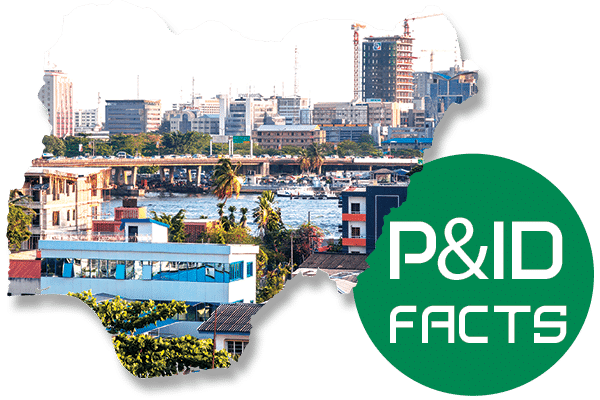Justice Robin Knowles of the United Kingdom’s High Court has delivered a scathing verdict on the controversial arbitration process that led to the $11 billion award against Nigeria in favour of Process & Industrial Developments Limited (P&ID), describing the entire proceeding as deeply flawed. The judge, who recently set aside the massive award, did not only fault the arbitral tribunal but also sharply criticised Nigeria’s own legal representation for their conduct during the proceedings.
In a ruling that has been widely welcomed by Nigerian authorities, Justice Knowles held that the arbitral award, which stemmed from a failed gas supply and processing agreement signed in 2010, was marred by fraud and lacked the transparency and integrity expected in international arbitration. The judge described the process as “tainted” and said that key elements of the case had been manipulated in a manner that made a mockery of due process.
However, while slamming P&ID for its fraudulent actions and misleading practices, the judge did not spare Nigeria’s legal team either. He noted that Nigerian officials and their legal representatives failed in their duty to properly defend the country’s interests, allowing avoidable lapses and delays that contributed to the tribunal’s earlier ruling in favour of P&ID.
“The conduct of Nigeria’s representatives left much to be desired. There were serious shortcomings on the part of those who were meant to defend the country’s position,” Justice Knowles observed in his judgment.
The $11 billion arbitral award had drawn global attention due to its sheer size and the underlying controversy. The dispute originated from a contract signed between the Nigerian government and P&ID, a British Virgin Islands-based firm, to develop a gas processing plant in Cross River State, a project that never materialised. When the contract collapsed, P&ID dragged Nigeria to arbitration, claiming the government had breached its obligations.
Nigeria later discovered that the entire deal had been riddled with corruption, including bribes to government officials and deliberate misrepresentation by P&ID. Armed with this evidence, the federal government returned to the UK High Court to seek a reversal of the award, leading to the dramatic ruling by Justice Knowles in late 2023.
The Nigerian government has since hailed the decision as a major victory in its anti-corruption fight and a relief for the economy, which stood to suffer a devastating blow if the $11 billion penalty had been enforced.
Legal analysts have described the ruling as a landmark moment in international arbitration history, while also highlighting the need for stricter oversight, better contract management, and higher ethical standards among public officials and legal advisers representing national interests.
For many observers, the P&ID saga remains a painful reminder of how institutional weaknesses, both at home and abroad, can be exploited, at great cost.


